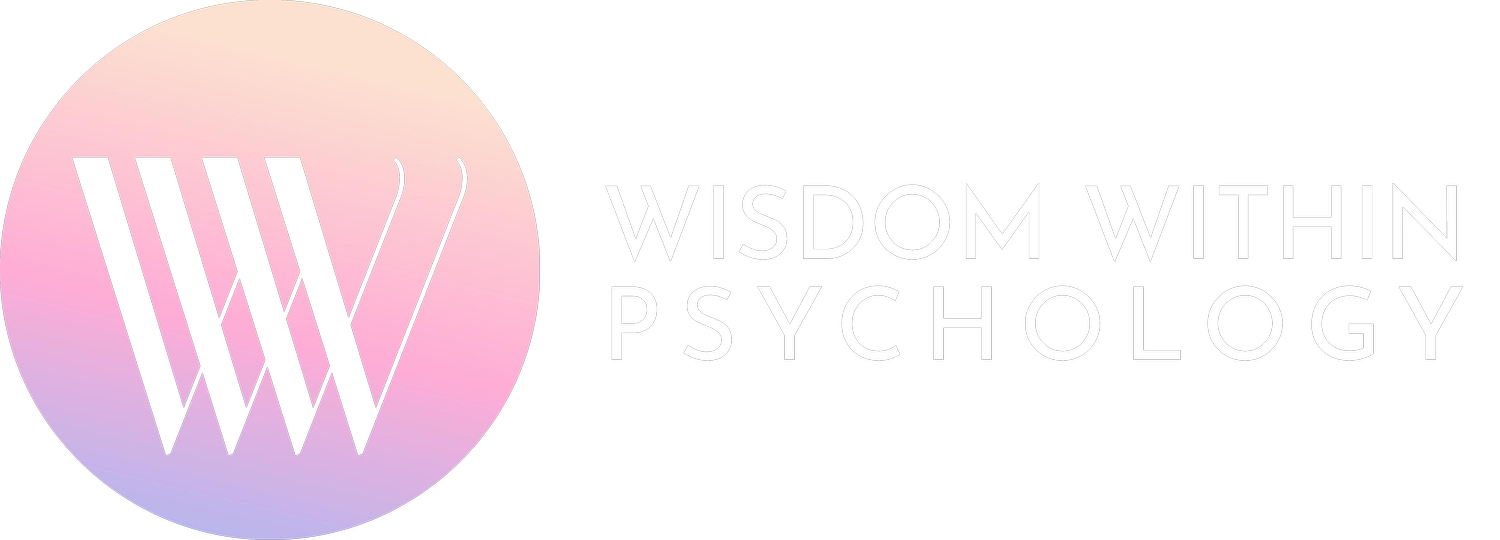The Chasm of Grief
Healing is not linear.
Grief and loss can feel like pain so great that they might extinguish the light of life that we carry inside. It can be visceral to the extent of differential diagnosis: Is it the pain of loss or am I having a heart attack? (Sometimes it can be both, so if you experience physical symptoms it is important to seek medical attention to rule out a life-threatening condition.)
Grief feels like a chasm that is not only internal, but it also creates a void so pronounced that it can cause separation between the griever, loved ones, and even the self. It can create a sense of isolation, even if we are surrounded by family and loved ones. Elisabeth Kübler-Ross describes grief as 1) Denial, 2) Anger, 3) Bargaining, 4) Depression, and 5) Acceptance. In my own experience of grief, what I observed is that some manifestations of grief are more palatable and acceptable than others. This can make grieving all the more difficult when a person is already going through quite possibly the hardest time of their life.
It can be detrimental to the healing process, when others, because of their discomfort with difficult emotions, negatively interfere with the grief process of their loved ones. Though well-intentioned, people can inadvertently cause more harm by heaping fear, shame, rejection, and more onto the griever. It is for this reason that I highly recommend that in addition to supporting loved ones-a good therapist can make such a difference in expressing and moving through their process with unconditional positive regard and love.
Additionally, we all experience our own processes. I don’t necessarily agree that what is described by Kübler-Ross as stages occur in a linear fashion. When my father died, my sisters and I experienced our grief in different ways. Being a therapist, when my father became very sick with cancer, I started seeing a therapist who specialized in terminal illness and grief. The fact that she previously had cancer herself made me feel that she understood the myriad of emotions that barraged my heart, body, and soul. For some members of my family, bearing witness to the decompensation of my father was too much to experience-so they left without being present for his passing. I noticed that some people were more open about sharing their emotions, while others took different pathways like lighting up the fire-pit in the backyard to send prayers up into the sky. My 11-year-old niece took to making her first pizza to share with others. I think it’s important to honor where the individual is in their journey and to offer loving kindness when we see the parts of grief that are more difficult to be present with. It can be hard to see our loved ones cry, it can be hard to witness anger, it can be difficult to fathom denial-but all of these things are part of the process of wrapping our minds around what has just occurred. It is so hard to reconcile with loss and to accept that life as we knew it is gone and/or different. Often times this also means losing a part of ourselves.
It can cause more harm, when we invalidate the experiences of others by telling them not to cry, or that they shouldn’t feel angry, or that they need to forgive others prematurely. We cannot bypass the grieving process, although there may be a desire to skip to the feeling better part. We have to feel grief, be with it, and oftentimes externalize it, so that it does not come out sideways. When we repress grief, it will show up in different ways.
When I lost my father, the pain in my chest was so acute that when I shared it with my therapist she asked me to go to the doctor to rule out a heart issue. After seeing the doctor, and having a scan done on my heart, I was advised that it was the grief and stress that was causing the feeling in my chest. My emotions had manifested in my body. My takeaway from that was to access as many resources available to me as possible to help me through it.
If you are experiencing grief, I highly recommend the book: Bearing the Unbearable: Love, Loss, and the Heartbreaking Path of Grief by Joanne Cacciatore, Ph.D. This book brought me comfort and helped to create a sense of connection and a road map for me. I also encourage you to find a soft place to land and tend to your heart. Create a self-care practice to help nurture yourself as you work through your process.
❤

